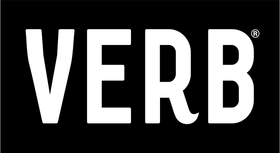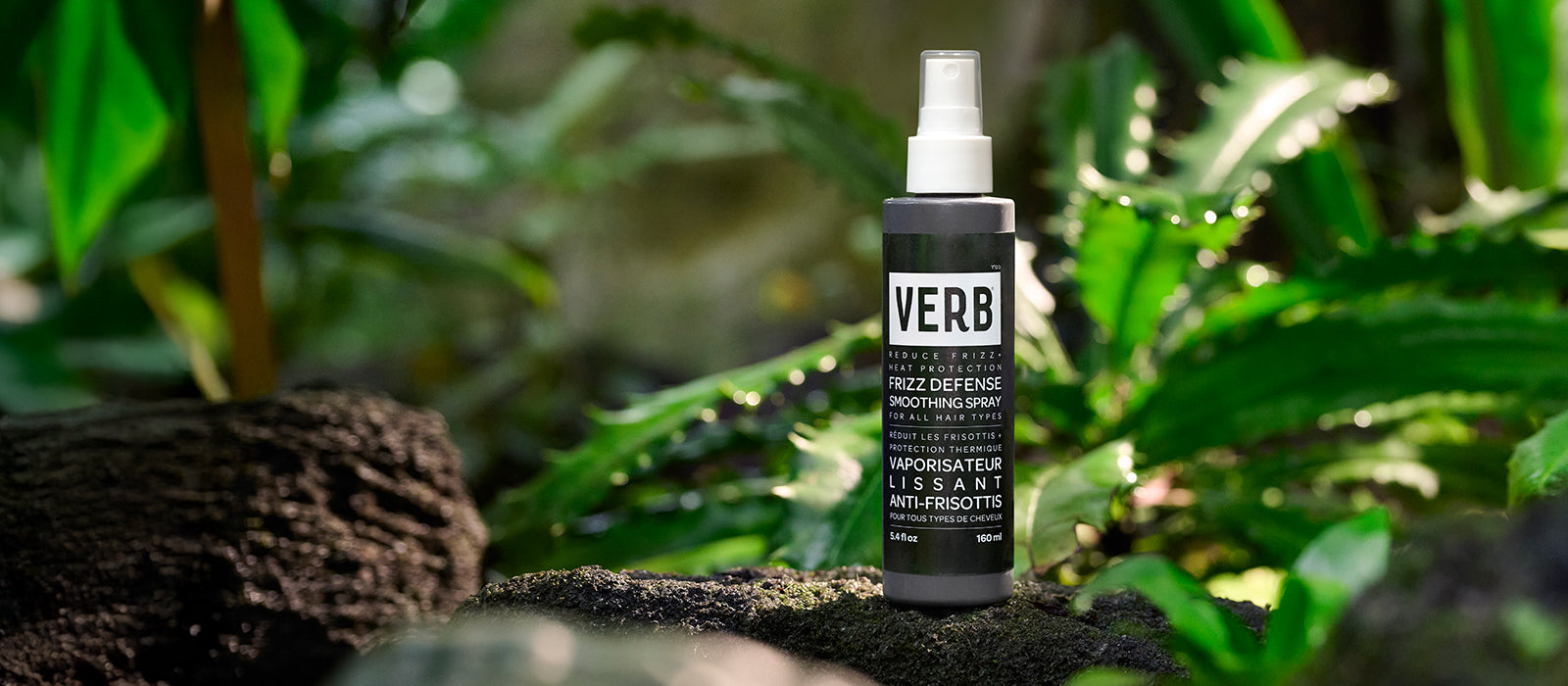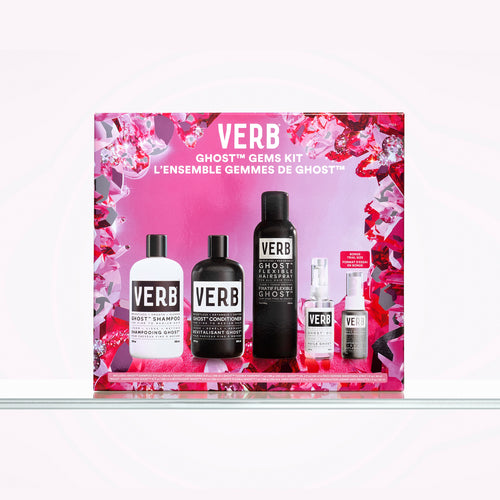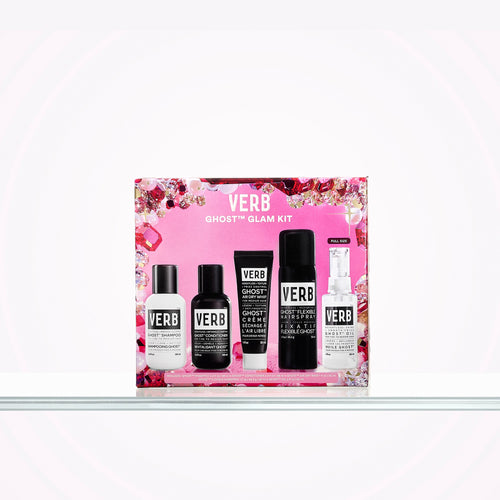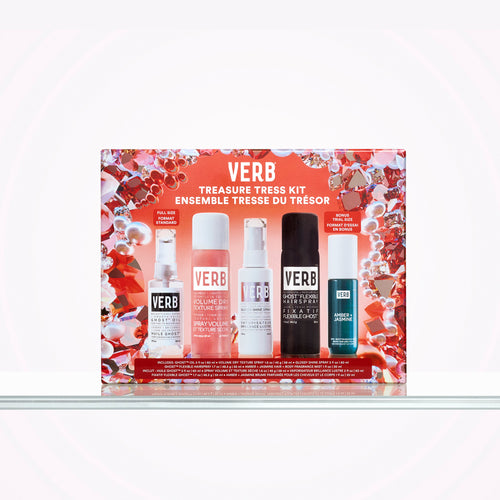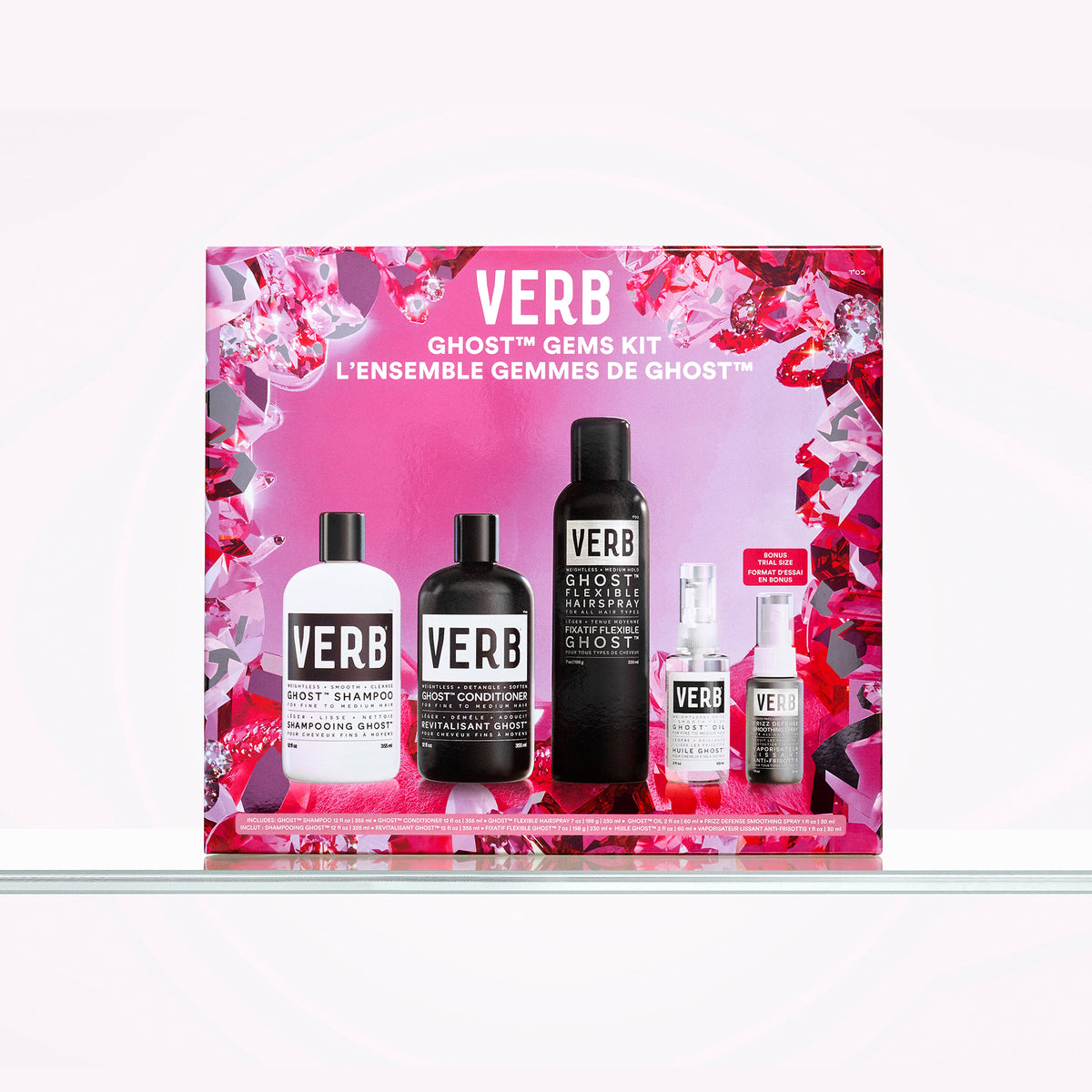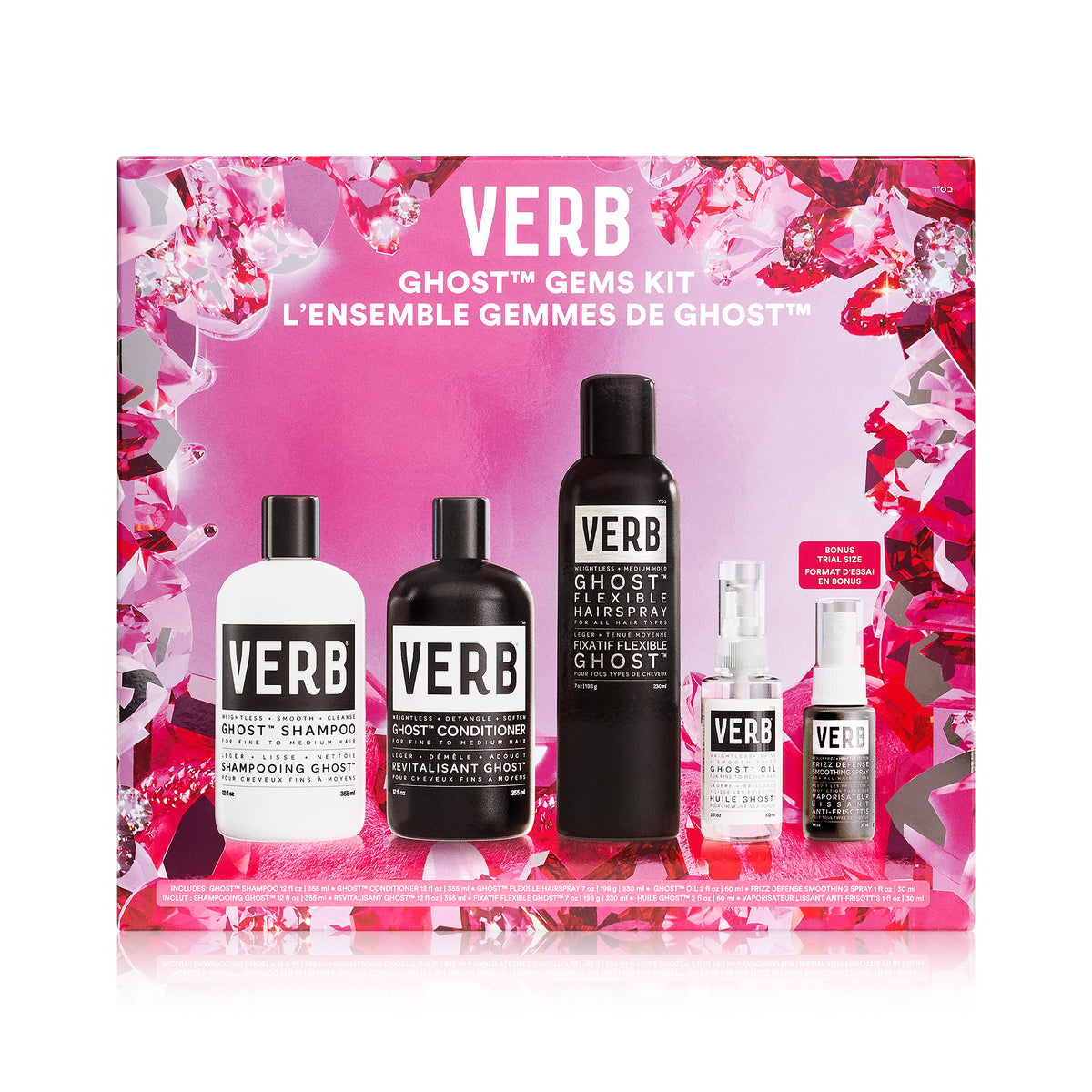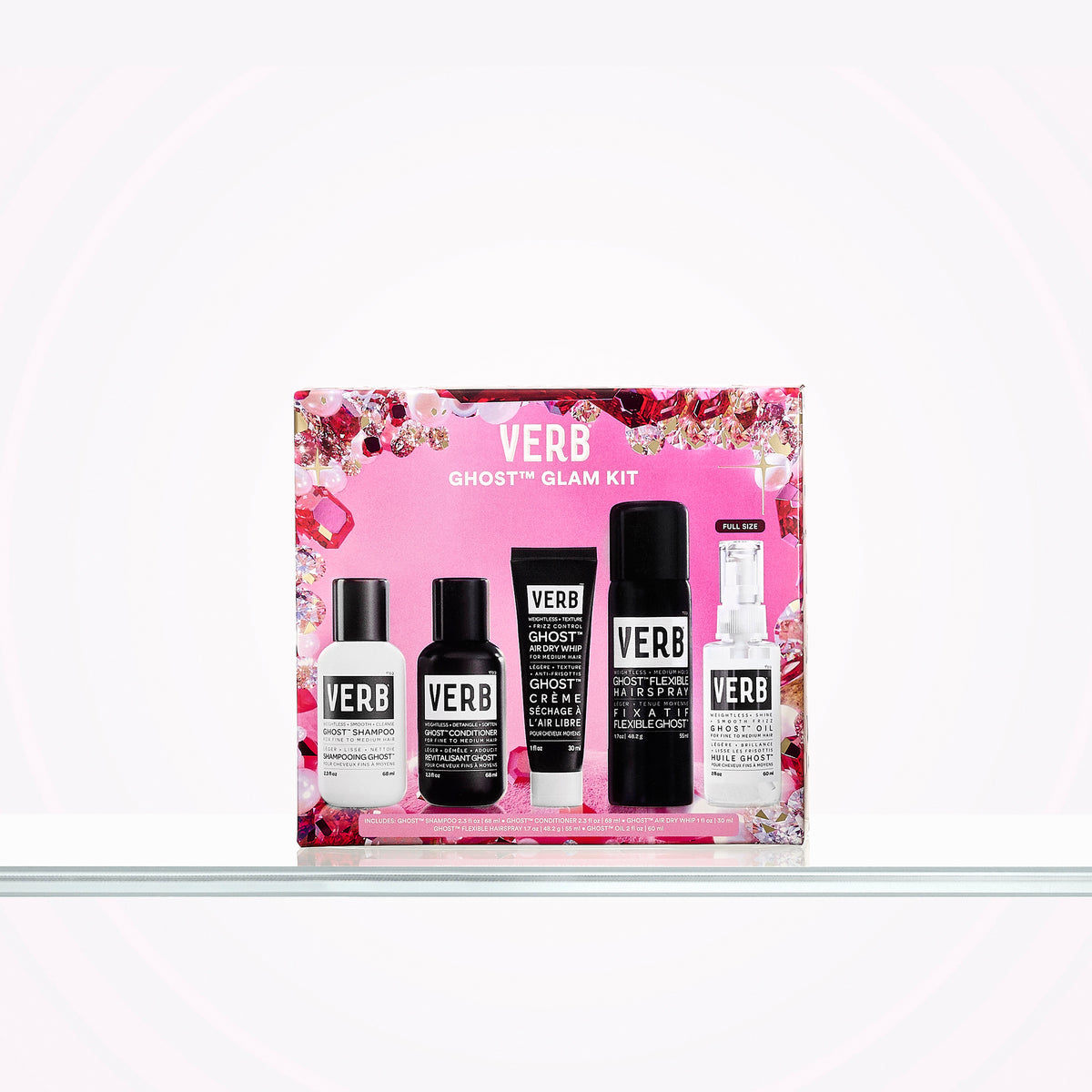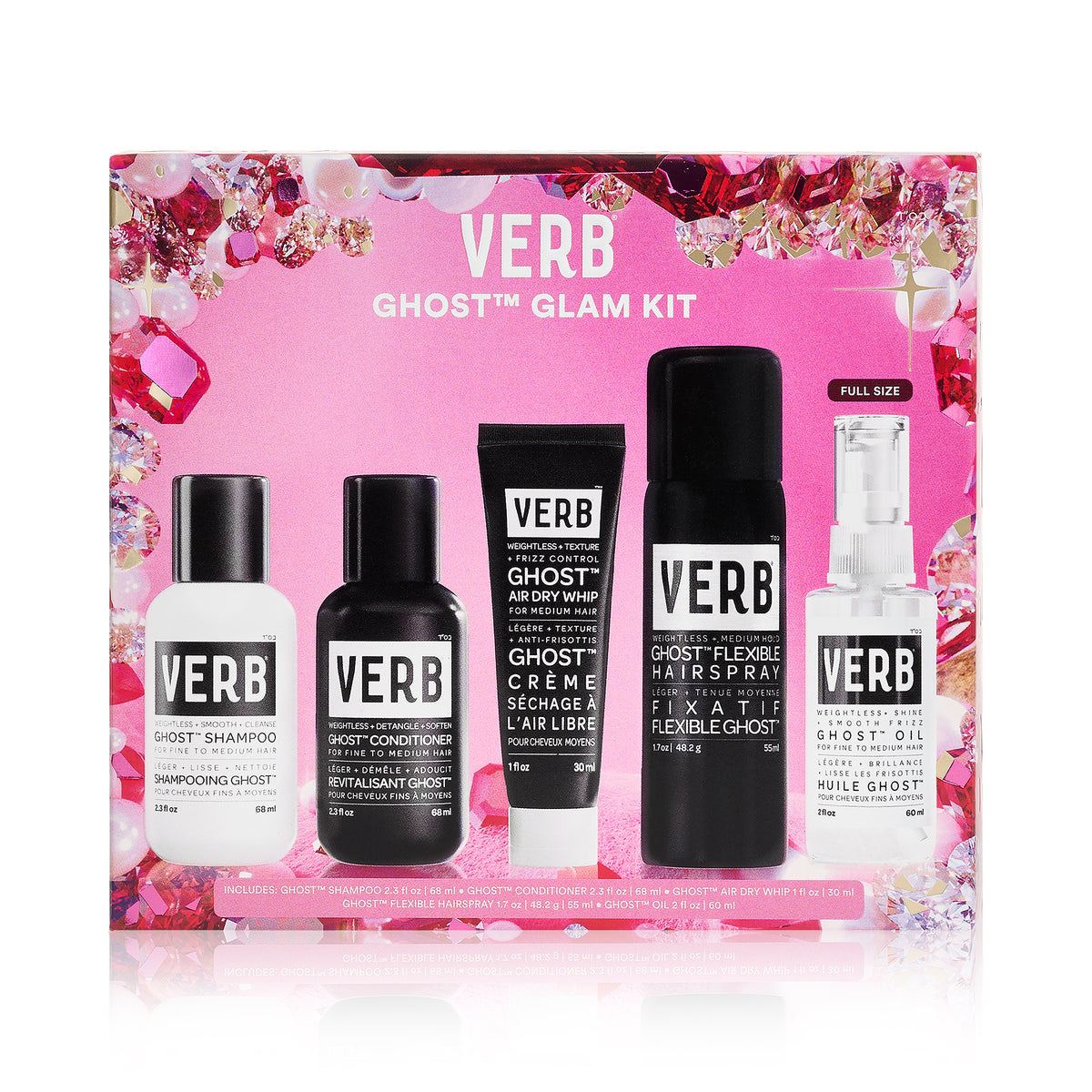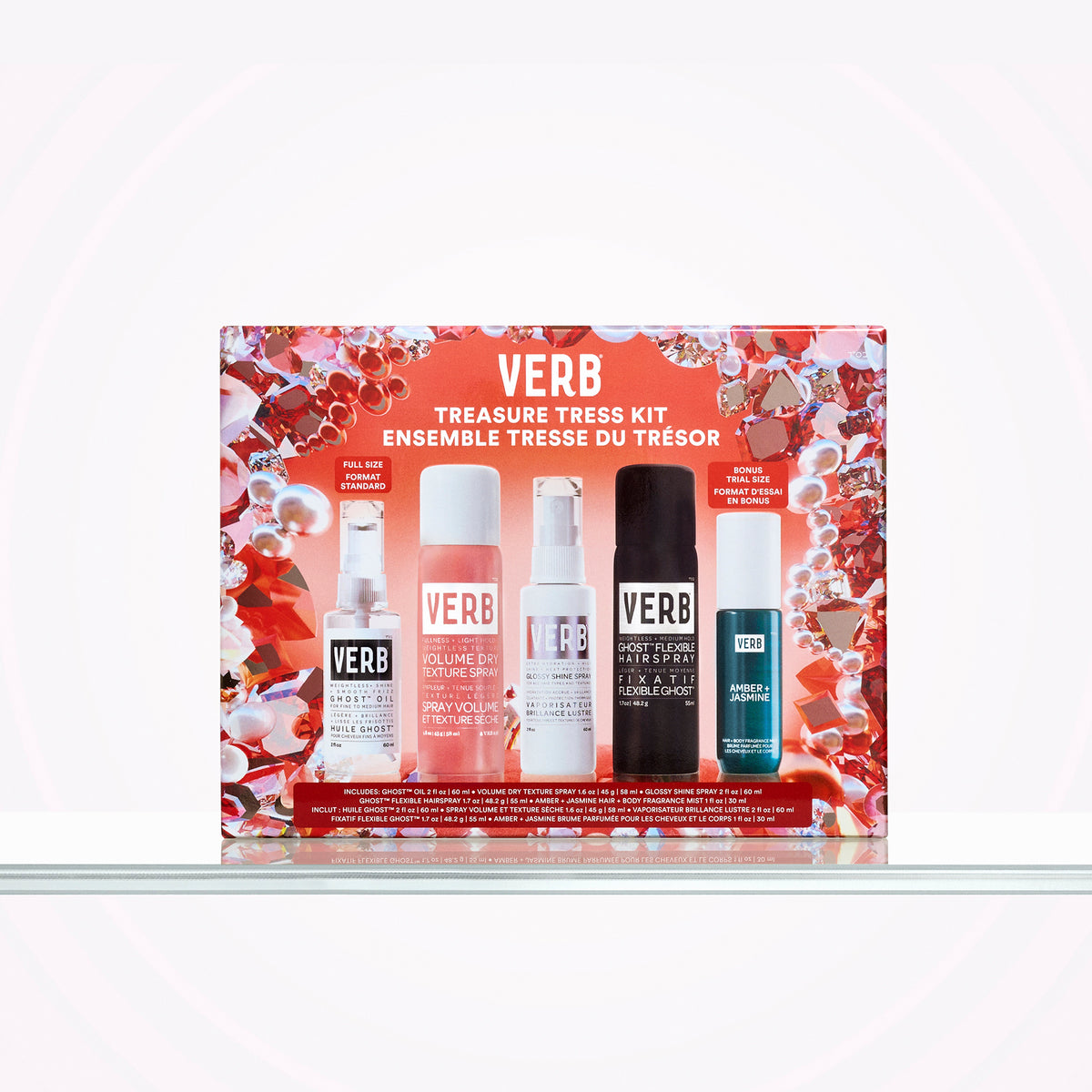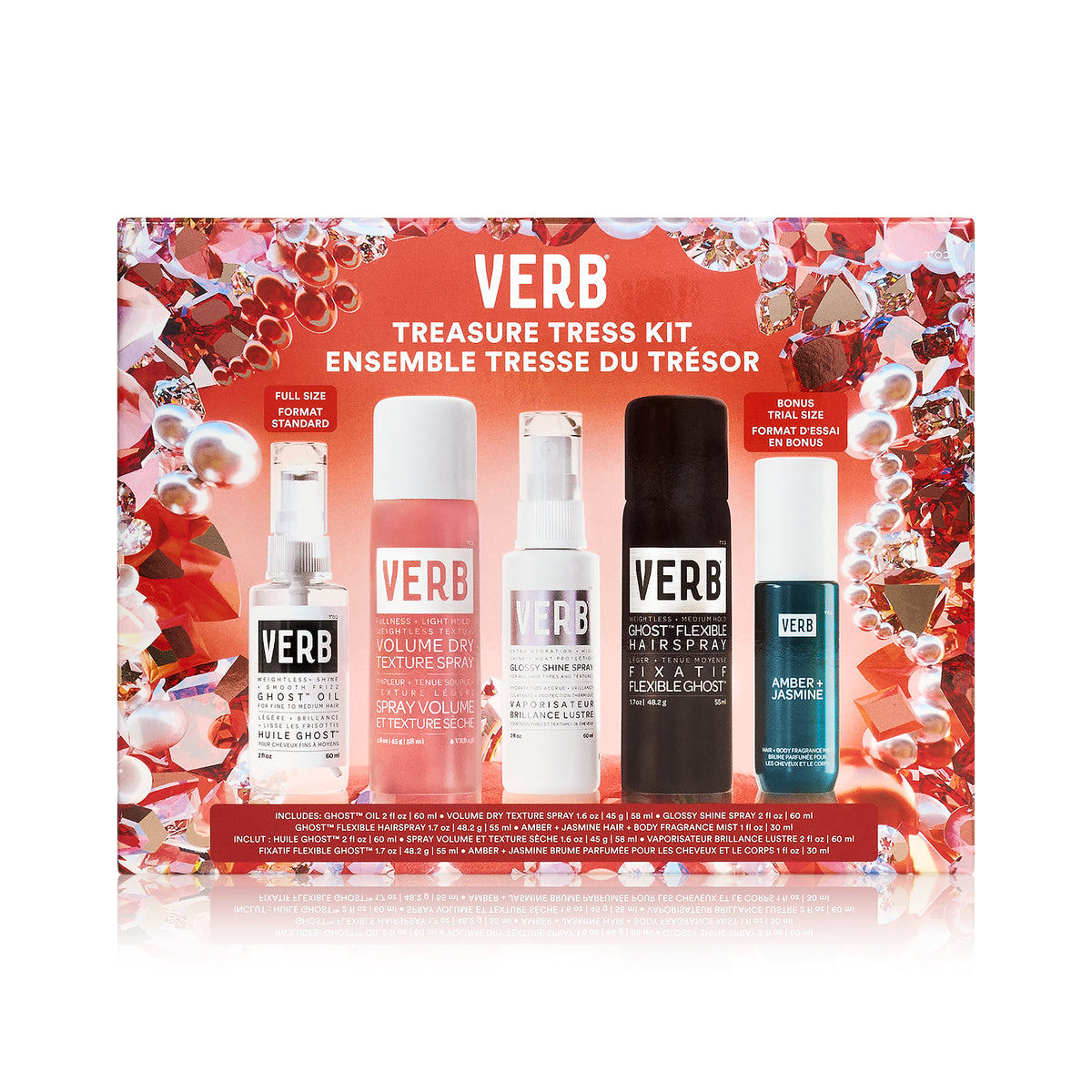There are plenty of choices when it comes to taking care of your skin. However, with so many options it can be difficult to determine which body care product is the best choice for you. In this guide, we will dive into your options, and help you decide what products will best suit your skin.
A good rule of thumb is to apply your products from the lightest to the heaviest. Heavier products leave a layer on your skin making it difficult for other products to penetrate and be absorbed. Water-based lotions, then creams, then butters; however sunscreen is the exception, you should apply sunscreen directly to your skin first.
Body lotions
Body lotions are the most common and versatile of your options. Lotions are the lightest option so they are a great choice for everyday use as they tend to be majority water-based, with traces of oil. Lotions will help keep you hydrated and are extremely beneficial if you live in a dry climate. Skin that is chapped or dried from heat, cold, or wind can be difficult to treat without the aid of some sort of rehydrating topical. One of the best times to apply lotion would be after a shower, as the heat can be dehydrating after you leave and dry off. Lotions do a great job of sealing in the moisture from a shower into your skin, to help prevent you from drying out after and flaking.
Along with the rehydrating benefits, it can also be effective at spot treating areas that are extra dry such as your knees or elbows. If you have calluses, lotions can help smooth them over and make it easier to remove the dead and cracking skin. However, if your calluses are swollen, discolored, or showing signs of infections it is better to have a doctor look at them.
While body lotions are great for rehydrating, if you don’t have particularly dry skin they can still be a great option for relaxation. Scented, body, or even warming lotions can help you calm and destress from a long day. The process of applying lotion can remove stress, cause the release of endorphins, and even help alleviate aches and pains.
Overall, body lotions are a great daily option. They can be part of your daily routine to help keep your skin soft, supple, and hydrated. Some cosmetic lotions are available specifically formulated to make your skin shine and glimmer to give your skin a glow. They can help alleviate pain and stress. If you have dry skin or live in a very dry environment, lotions are a great option to keep your skin healthy and hydrated. Verb has a fantastic Body Lotion for those who are looking for a light and hydrating lotion, this fragrance-free option is great for everyday use and especially for those who have sensitive skin.
Body creams
Body creams are thicker than lotions, they have more oil and less water than lotions. Creams will feel more greasy compared to lotions due to the higher oil content, as they usually start at a 50/50 emulsion of oil and water. Creams are usually sold in pots or jars instead of a bottle or dispenser, which is an easy way to quickly determine if a product is a lotion vs cream. The higher oil content in creams helps them form a barrier to maintain moisture for longer periods of time compared to body lotions.
The barrier that body creams provide makes them perfect for oily skin types. If you have a normal skin type, creams can still be a great option for you, especially if you live in a dryer area or want extra moisture during the winter to keep your skin from cracking.
Like with body lotions, a great time to apply body creams is after you have showered when your skin is clean and your pores are open, which aids in your skin's absorption. Because creams are thicker, you should apply them less than you would apply a lotion. However, the frequency should depend on your skin, the environment you're in, and the season.
Body butters
Body butters are the thickest type of skincare moisturizer. They are intense moisturizers formulated to nourish and hydrate your skin, and are typically more associated with a luxury experience. Body butters often contain essential oils that will offer additional benefits to your skin, with options like vitamin E or other essential oils and minerals. Body butters offer deep hydration by penetrating deep into your skin to help achieve silky smooth skin.
Due to the high oil contents of butter, they will offer long-lasting hydration. They are often made with shea butter, coconut oil, or vegetable-based oils such as avocados. In the winter, if you are finding your body lotions or creams are not keeping your skin hydrated enough, using a butter once a week can work wonders for your skin. Like with lotions and creams, applying body butter 5 minutes after a shower is a great way to lock in moisture and prevent your skin from drying out, especially if you like to take very hot showers.
When applying body butters, you will want to lightly massage it into your skin and after doing so, let it sit and have time to absorb. If you have dry feet, try applying butter to them right before bed, and putting on a pair of socks to help lock moisture in and prevent it from getting butter all over your bed. This same principle can apply to your hands, this trick works particularly well during the winter months, especially in more northern climates.
Because butters are the heaviest moisturizing option, if you are prone to acne or clogged pores you will want to be careful when choosing one. Butters will be the option that feels the most greasy, so if you are not partial to that sensation they may not be the best option for you. You should still try body butter, however, using a lighter option for more acne-prone areas like the face is a good compromise. Try out body butter and see how it works for you, if it ends up being too greasy or causing issues with your skin, switch to a lighter option.
Should you choose a body lotion, cream, or butter?
The first and most important step is to identify your skin type. Dry skin needs a specific set of products, and oily skin needs to be cared for differently. Here are a few pointers to help determine your skin type and choose which product suits your skin the best.
Oily skin type
If you constantly feel the need to wash your face, you may have a more oily skin type. Typically you will find your T-zone (forehead, nose, and chin) will be areas that are more oily than the rest of your face. Oily skin types tend to be more prone to acne and breakouts due to sebaceous oil clogging your pores. Body lotions are your best option if you have an oily skin type. The lower oil content and higher water content will cause lotions to be absorbed more readily and lead to less clogging of your pores while still offering hydration. You should do some experimenting, body creams may be a viable option, but due to the higher oil content yous should be cautious. You will definitely want to avoid body butters, as these heavy options will cause your skin to become too oily and make you feel like you need to wash your face immediately after application.
Dry skin
Dry skin is typically dull and may become rough or flakey. It may feel tight, and not very elastic, often showing more visible lines. If your skin is often itchy this can also be a sign of a more dry skin type. Exactly the opposite of oily skin, body butters and creams are your best friends with a dry skin type. The extra long-lasting hydration they offer can revitalize your skin and help you remove the itchiness associated with dry skin. Body lotions are also great for dry skin as a more daily option. After your showers, apply lotion to lock in moisture or in the morning before you leave for the day. A great option is a lotion that has SPF as well for days when you will be out in the sun to not only hydrate but also protect your skin.
Combination skin
Combination skin has areas that are both dry and oily. Often the T-zone will be oily while the cheeks may be more dry. With this type of skin you may be doing more targeted moisturizing. Moisturizing less in your more oily areas, and more in the dryer regions of your skin. Depending on the variance of your oil levels on your skin, you can spot treat creams on your cheeks and lotions in your T-Zone for example. You may need to experiment more than other skin types do to find a routine that works best for you.
Normal skin
Normal skin tends to be more balanced, it won’t often feel oily or dry and is less prone to breakouts. Your pores may be smaller and less noticeable. With this skin type, your options are fairly open and you can use whatever you prefer to keep your skin hydrated. If you don’t like the oily feel of body butters, you can get by with body creams and lotions with no problem. Find what you like and work it into your routine. Again, we advise adding SPF protection when you can, especially on your face.
Sensitive skin
Sensitive skin is the last skin “type” however it is more unique in that any of the base skin types can also be sensitive. You can have sensitive oily skin just as you can have sensitive dry skin. If your skin is sensitive, it may be red, itchy, and some products may burn your skin depending on the ingredients. Your skin may be more susceptible to irritants that vary from person to person. If you have sensitive skin, we recommend starting with skin products with fewer ingredients and working our way up. Fragrance and dye-free options are great choices to start your skincare routine, and as you experiment you will find the products and ingredients that work best for you. Verb has a fantastic fragrance free, light Body Lotion that works wonders for those of us with sensitive skin.
